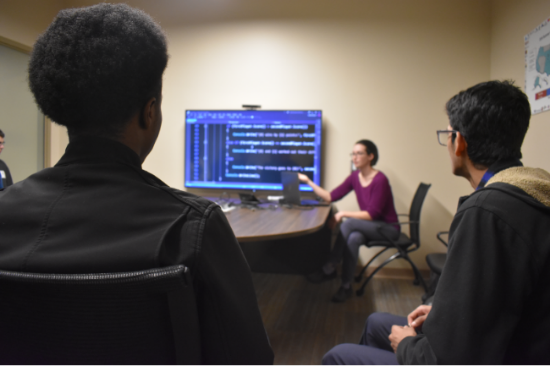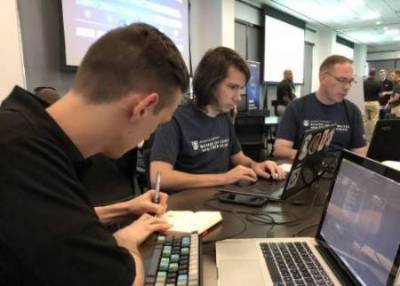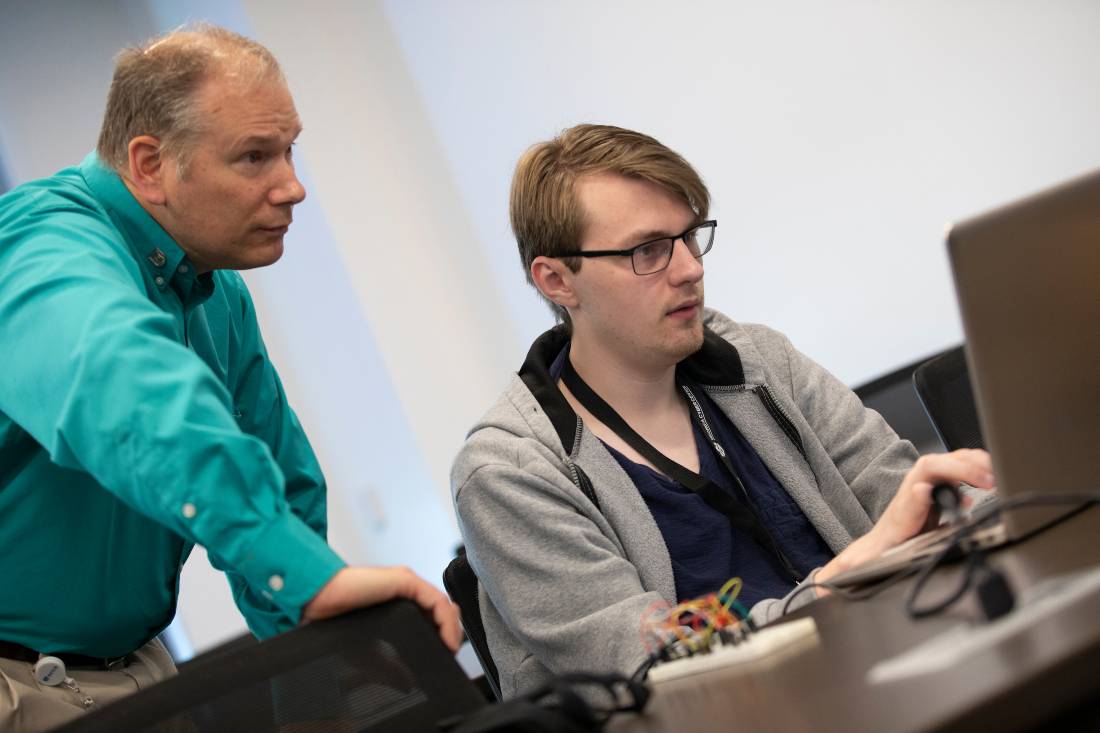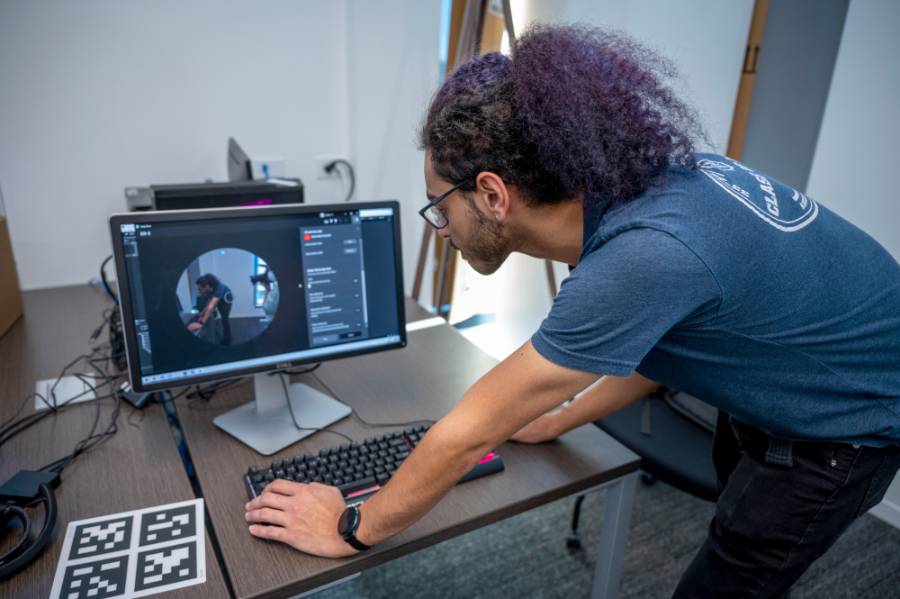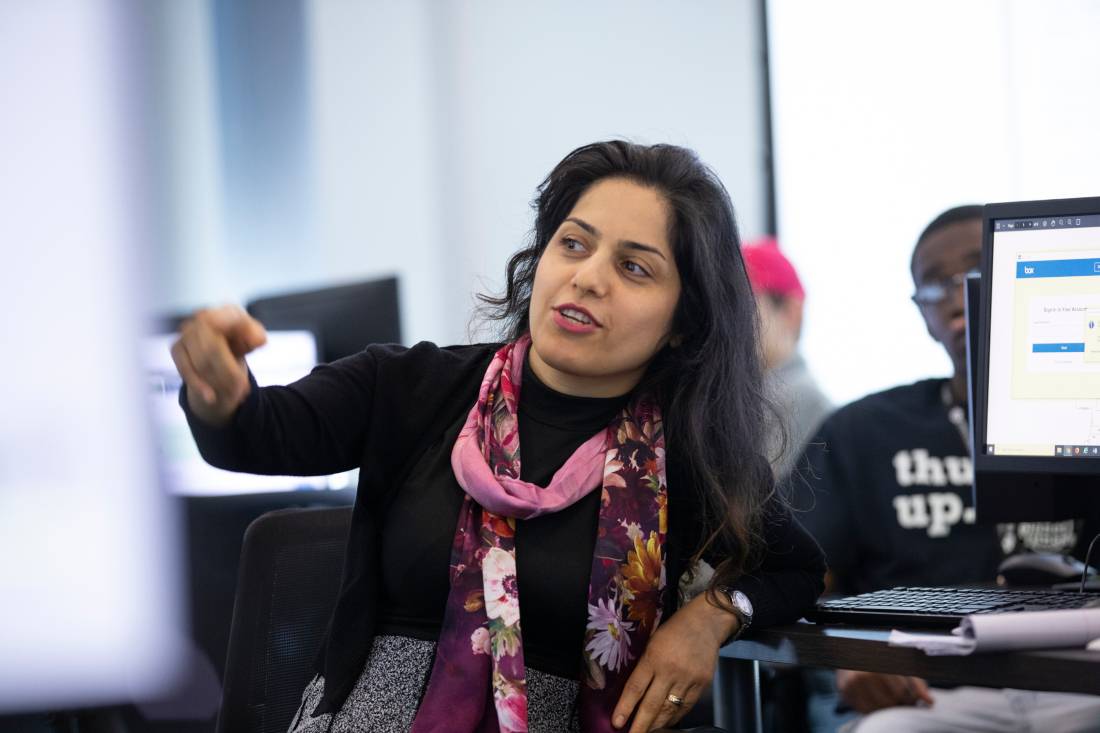- Augusta University
- Computer & Cyber Sciences
- CyberCorps® Scholarship for Service
CyberCorps® Scholarship for Service
Equipping the next generation of cybersecurity professionals
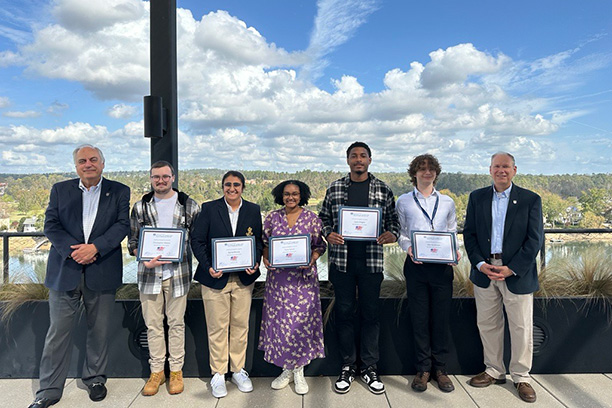
Scholarship for Service students, November 2024. From left: Dr. Alex Schwarzmann, Christopher Mason, Komal Bhullar, Tiana Turner, Jasen Magee, Kyle Austensen, Dr. Michael Nowatkowski.
This scholarship program is currently on-hold/unavailable until further notice.
The federal CyberCorps® Scholarship for Service (SFS) Program, sponsored by the National Science Foundation, is dedicated to recruiting and training the next generation of cybersecurity professionals.

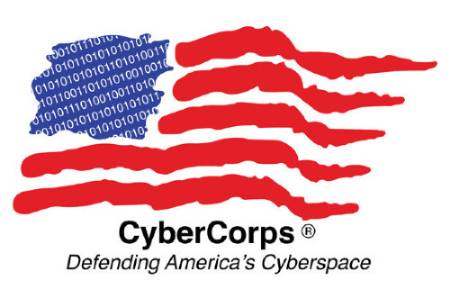
The SFS program provides scholarships for up to three years of support for cybersecurity education at the undergraduate and graduate levels, among other incredible benefits available to student scholars.
Augusta University's Scholarship for Service program, AUDIENCE (Augusta University Developing Immersive Experiences for Novel Cybersecurity Education), will support undergraduate and graduate students through interaction with government and industry partners, involvement in research, and participation in outreach activities. AUDIENCE scholars at Augusta University will be paired with a faculty member for mentorship opportunities by participation in activities such as BSides Augusta and collaborating on research together.
2021 Scholarship for Service cohort, 2022 Scholarship for Service cohort
Scholarship for Service Program Benefits:
- Receive up to three years of support for undergraduate and graduate education.
- Scholars will receive stipends of $27,000 per year for undergraduate students and $37,000 per year for graduate students.
- Tuition and education-related fees will be covered for the SFS scholar.
- Receive a professional allowance of $6,000 to attend the SFS Job Fair and other travel, professional certification expenses.
- Participate in virtual and in-person job fairs in Washington, D.C.
- Scholars will receive hands-on experience in a post-graduation government service requirement for a period of time equivalent to the scholarship.
SFS Agency Listings SFS Student FAQ'sSFS Student Resources
Application Information
We will start recruiting in February 2025 for students who will begin their junior or senior year of undergraduate education, or graduate school in Fall 2025. Completed applications must be submitted by 16 April 2025.
Prospective SFS applicants must meet the following requirements:
- United States citizenship or permanent residency of the United States.
- Preparedness to obtain high-level security clearances required for potential jobs and internships.
- Enrollment (or accepted for enrollment) as a full-time student at Augusta University and be within three years of graduation of a bachelors and/or masters degree with a cybersecurity or cyber intelligence/cyber strategy focus.
- Maintain a minimum 3.0 cumulative undergraduate GPA and a 3.2 cumulative graduate GPA.
- Willingness to work for a period equal to the duration of the scholarship in the cybersecurity mission of a government agency or other Office of Professional Management (OPM)-approved position.
Students must submit the following items in applying for the Scholarship for Service:
- Resume highlighting any education and work experience relevant to cybersecurity. A resume template is listed below if needed.
- Awards, honors, and extracurricular activities
- Complete pages 2-4 of the Student Questionnaire (linked below) and read the rest of the document (Service Agreement). You will sign the document, along with the PI, when you are selected for the program.
- Two letters of reference, at least one from a current professor. Letters of reference should address the following items:
Essay questions. Please answer both questions, writing 1 to 1 ½ pages for each question.
- Please describe a situation where you or someone you know were affected by an aspect of cybersecurity, whether that was due to a vulnerability, a policy decision, or something you learned. Explain why you are applying for this scholarship and how you can help to improve cybersecurity for the United States.
- The world is becoming increasingly connected as information technology becomes more prevalent throughout society. Consider an example, such as the "Internet of Things" linking even the smallest household appliances to the internet potentially creates additional vulnerabilities and privacy issues, Artificial Intelligence becoming more prevalent in everyday life, or the impact of quantum computing on security and cryptography. What are some proposals you have for educating tomorrow's cybersecurity workforce to better deal with these concerns?
Each essay should be written in a professional tone to demonstrate knowledge of professional skills and nomenclature in describing real life events and plans.
In addition to these items, an interview will also be conducted with the scholarship candidate.
APPLY NOWSTUDENT QUESTIONNAIRESERVICE AGREEMENTRESUME TEMPLATE
AUDIENCE Program Team Members
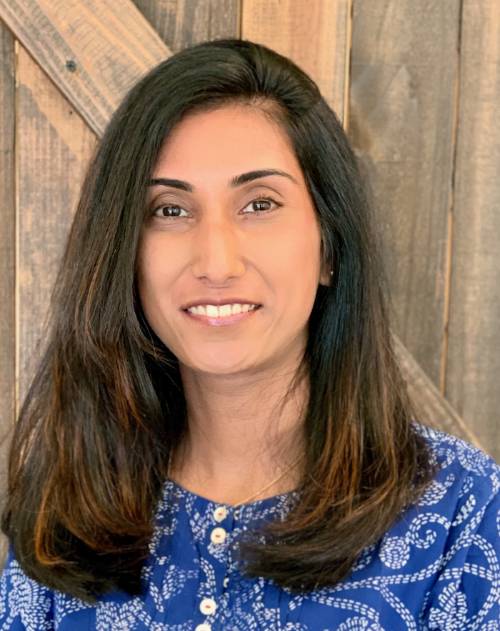
Gokila Dorai, PhD
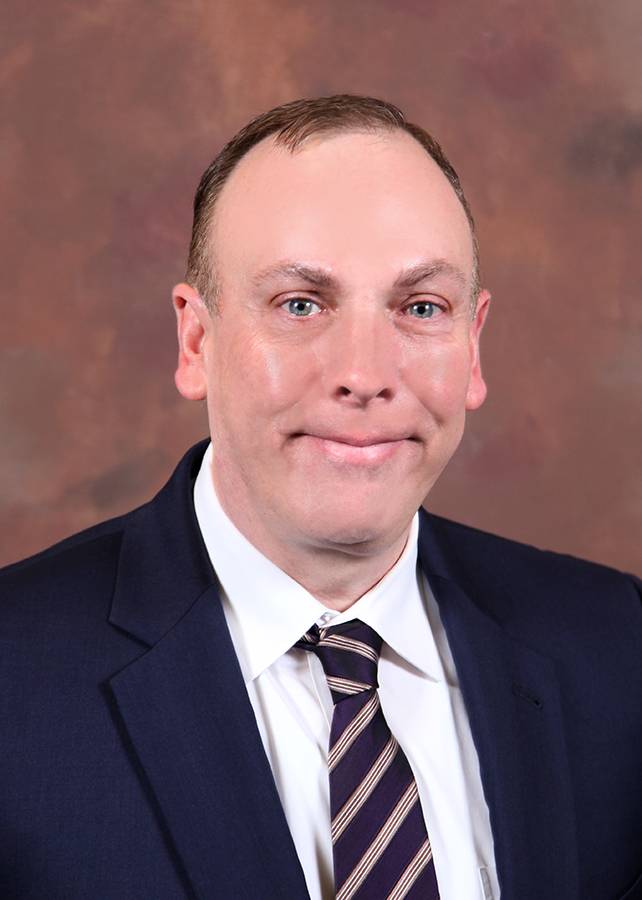
Jay Heslen, PhD
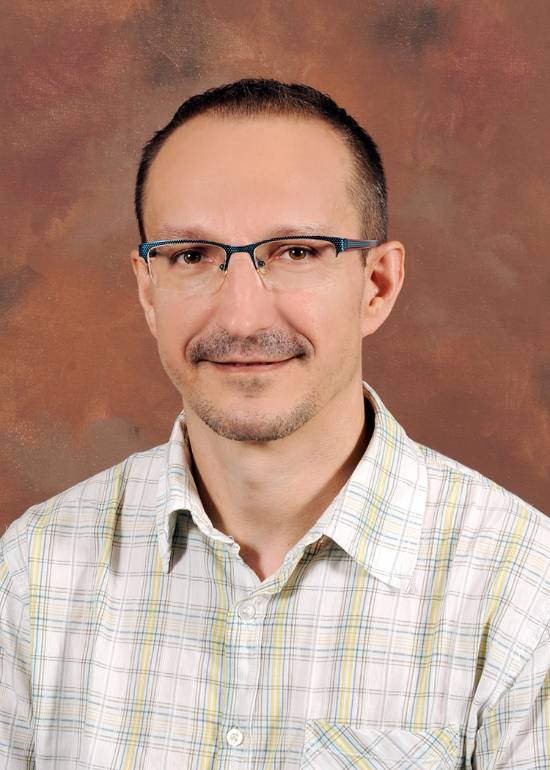
Dariusz Kowalski, PhD
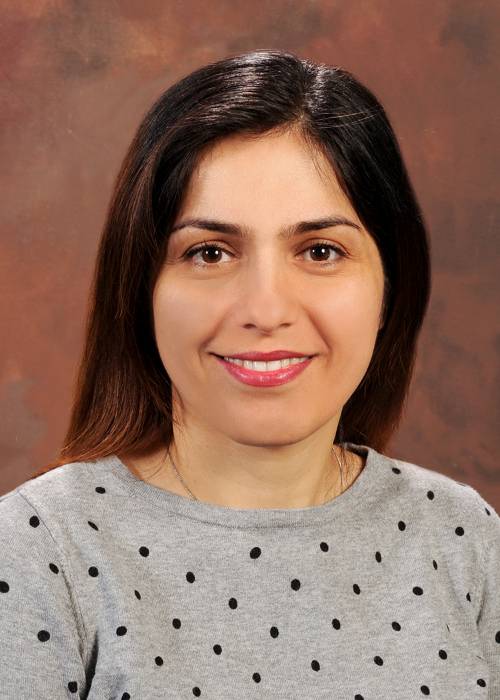
Hoda Maleki, PhD
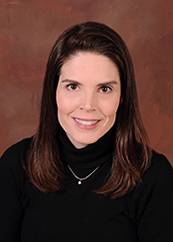
Jaclyn Murray, PhD
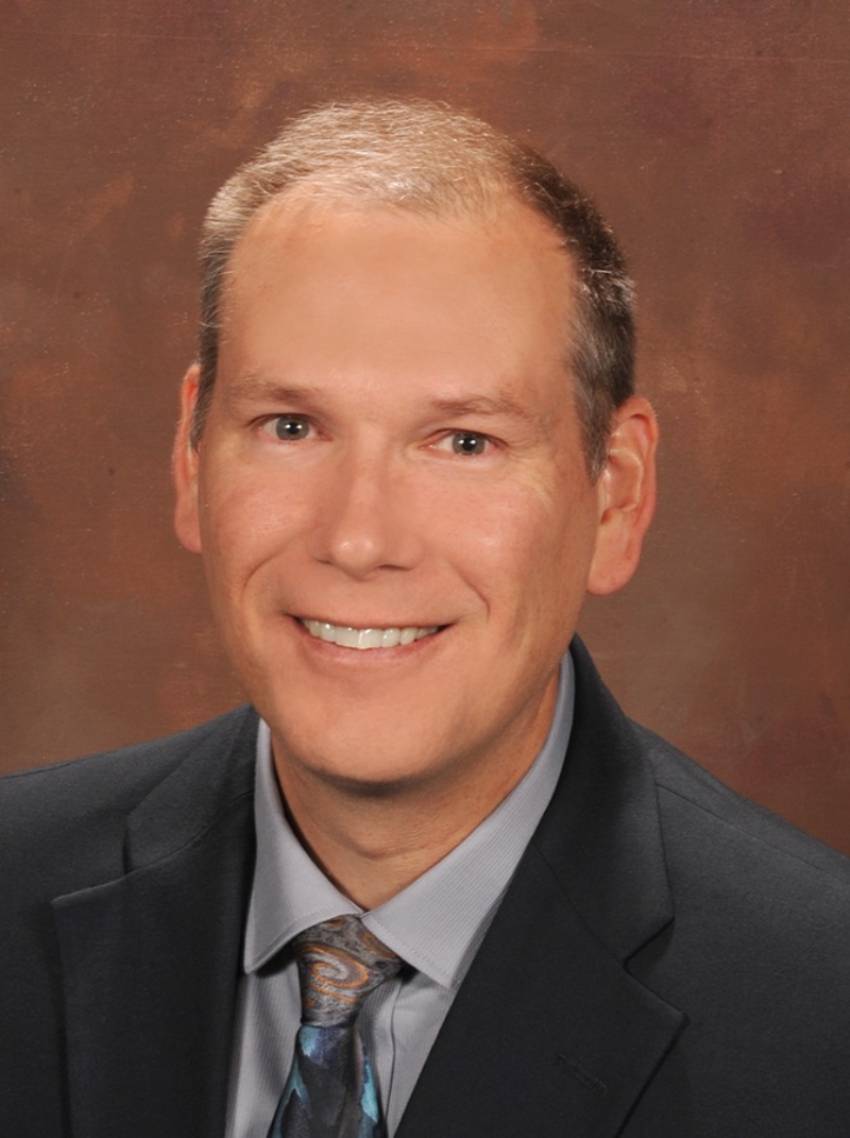
Michael Nowatkowski, PhD
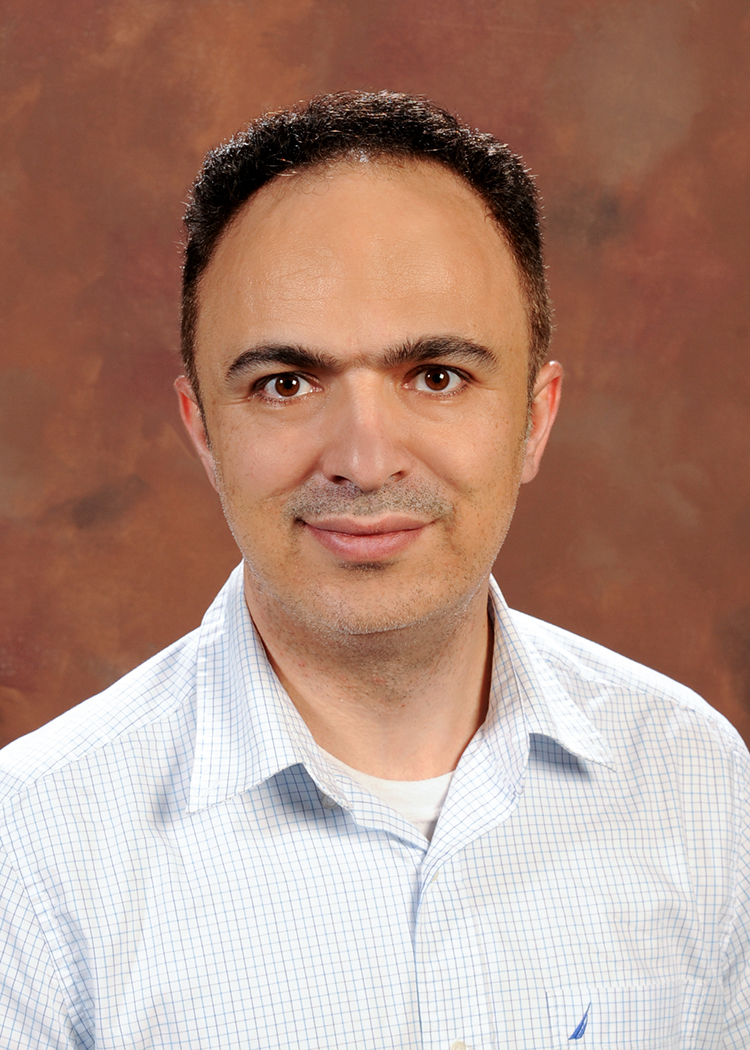
Reza Rahaeimehr, PhD

Alexander Schwarzmann, PhD
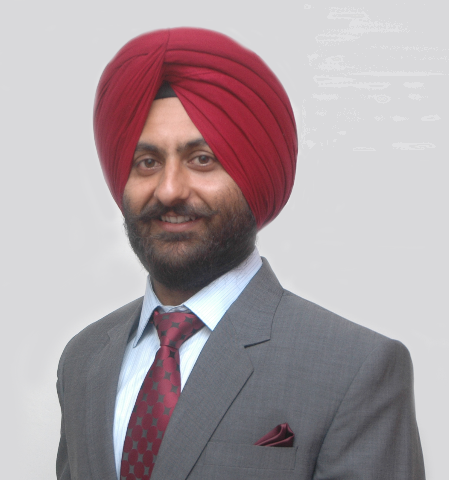
Gursimran Walia, PhD
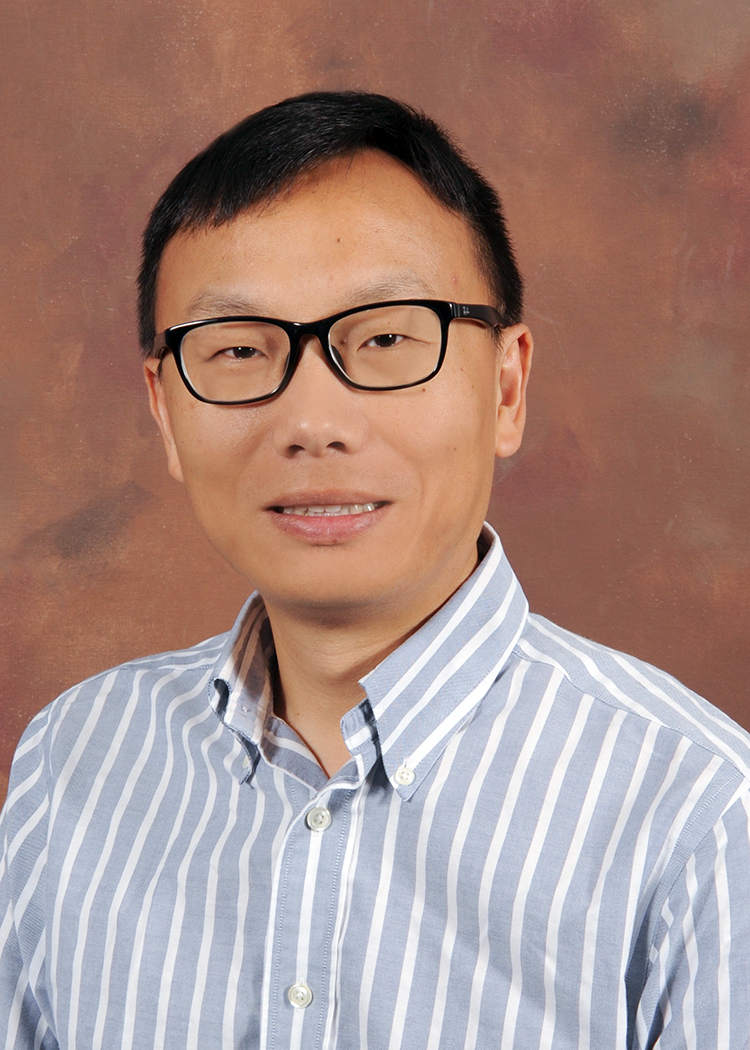
Weiming Xiang, PhD
